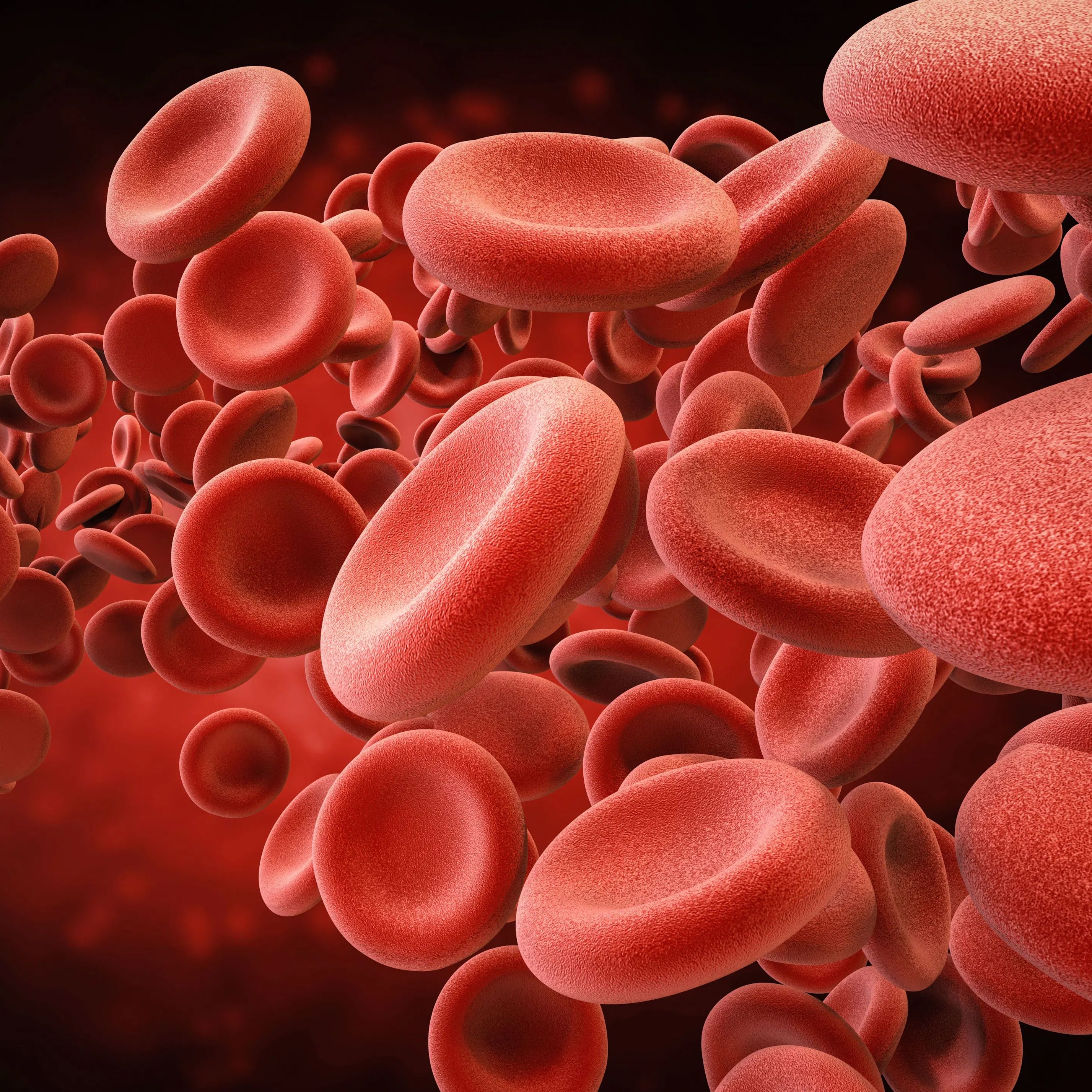Article
FDA Expands Indication for MitraClip Valve Repair Device
Author(s):
Originally approved in 2013, the MitraClip is now approved for treating certain cases of secondary mitral regurgitation.

The US Food and Drug Administration (FDA) has today approved a new indication for the MitraClip Clip Delivery System (MitraClip), a device that is intended to repair heart valves and reduce moderate-to-severe or severe mitral regurgitation.
The new indication allows Abbott's MitraClip to be used in patients with normal mitral valves who develop heart failure symptoms and moderate-to-severe or severe mitral regurgitation (MR) because of diminished left heart function (secondary or functional mitral regurgitation) despite being treated with therapies like heart failure medications, cardiac resynchronization therapy, and implantation of cardioverter defibrillators.
"Since severe secondary MR is extremely difficult to manage and associated with a poor prognosis, people have historically had few options," said Neil Moat, MD, chief medical officer of Abbott Structural Heart. "The expanded indication of MitraClip opens new doors for these ailing patients and can improve their quality of life and chance of survival despite their complex condition."
The MitraClip was first approved by the FDA in 2013. The original indication approved the device for reducing mitral regurgitation in patients with mitral regurgitation and heart failure symptoms resulting from abnormalities of the mitral valve (primary or degenerative mitral regurgitation) and who are not candidates for mitral valve surgery due to prohibitive risks.
"Expanding the approval of this device to heart failure patients with significant secondary mitral regurgitation, who have failed to get symptom relief from other therapies, provides an important new treatment option," said Bram D. Zuckerman, MD, director of the FDA's Division of Cardiovascular Devices in the Center for Devices and Radiological Health.
Zuckerman added that a team of specialists must carefully evaluate each patient to determine whether the procedure is appropriate or not for that case.
In July 2018, the FDA approved an updated version of the MitraClip device. The update improved the steering, navigation, and positioning abilities of the tool. A second clip size for greater reach while repairing the mitral valve was also added.
"The enhanced MitraClip design allows for even more precise navigation, accuracy, and stability during valve repairs, which may be important when treating people with more complex or advanced valve disease," Francesco Maisano, MD, Professor at UniversitätsSpital Zürich, Switzerland, said in a statement at the time of the updated approval.
Today’s expanded indication was supported by data from a randomized study of the MitraClip compared to optimized medical treatment. The trial included 614 patients with heart failure who had moderate-to-severe or severe secondary mitral regurgitation and who were randomized to transcatheter mitral valve repair with the MitraClip plus medical therapy (n = 302) or medical therapy alone (n = 312).
Participants in the device treatment group experienced 47% less risk of being re-hospitalized for heart failure symptoms compared to the medical treatment only group. Additionally, death from any cause within 2 years occurred in 29.1% of patients in the device group compared to 46.1% in the control group (hazard ratio, 0.62; 95% confidence interval, 0.46 to 0.82; P <.001).
The MitraClip device is contraindicated in patients who cannot take blood thinners during or after the procedure, who have endocarditis affecting the mitral valve, or who have evidence of blood clots in the heart or veins leading to the heart.





